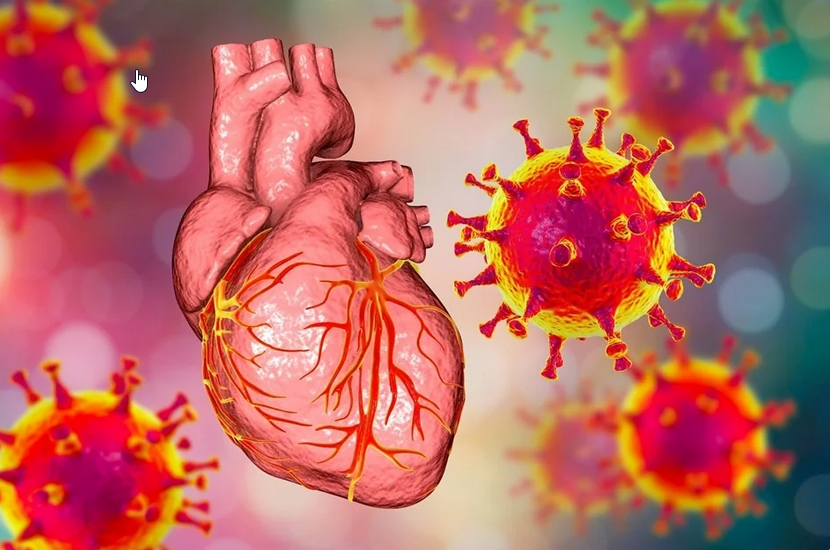Researchers at Umea University in Sweden have made a significant breakthrough in understanding how a unique protein complex called the Mediator impacts the process of cell division. This discovery holds promise for advancing our knowledge of various diseases linked to errors in cell division, such as certain types of cancer.
Professor Stefan Bjorklund, from the Department of Medical Biochemistry and Biophysics at Umea University and lead author of the study, explains the importance of this finding in disease research. "We have gained valuable insights into the control mechanisms of cell division, which is crucial for understanding the underlying causes of diseases like cancer that arise due to abnormalities in cell division."
Understanding Cell Division and Protein Production: Every cell contains a vital machinery called the ribosome, responsible for synthesizing proteins using instructions encoded in DNA. Before protein synthesis can occur, cells must transcribe DNA into messenger RNA (mRNA) in a process known as transcription.
The research team at Umea University has uncovered a pivotal role of the Mediator, a protein complex found in the cell nucleus, in regulating the production of ribosomal proteins. They discovered that under conditions of dense cell growth, where cell division slows down, the Mediator relocates to the ends of genes and interacts with another protein complex called Lsm1-7. This interaction hinders the reading of genes and disrupts mRNA maturation, resulting in reduced ribosomal protein production and slower cell division.
Implications for Disease Management: One intriguing avenue of future research is exploring whether it's possible to manipulate the position of the Mediator to regulate rapid cell division, particularly in conditions like tumors. "While we are still in the early stages of this research, it presents an exciting opportunity to potentially develop strategies to control abnormal cell division," highlights Stefan Bjorklund.
Yeast Cells as a Model for Complex Systems: The study was conducted using yeast cells as a model organism, providing valuable insights into fundamental cellular mechanisms that are conserved across more complex systems like animal and plant cells. Yeast cells offer a simplified yet informative platform for studying basic cellular processes that are relevant to understanding human health and disease.
In summary, the research at Umea University sheds light on the intricate role of the Mediator protein complex in regulating cell division and protein production. This knowledge could lead the way for innovative approaches to managing diseases associated with aberrant cell division, offering new perspectives in the field of biomedical research. Further studies are needed to explore the full potential of targeting the Mediator complex for therapeutic interventions in conditions like cancer.

 Further studies are needed to explore the full potential of targeting the Mediator complex for therapeutic interventions in conditions like cancer.
Further studies are needed to explore the full potential of targeting the Mediator complex for therapeutic interventions in conditions like cancer.






.png)













.jpeg)

.jpeg)










.jpg)




.jpg)

